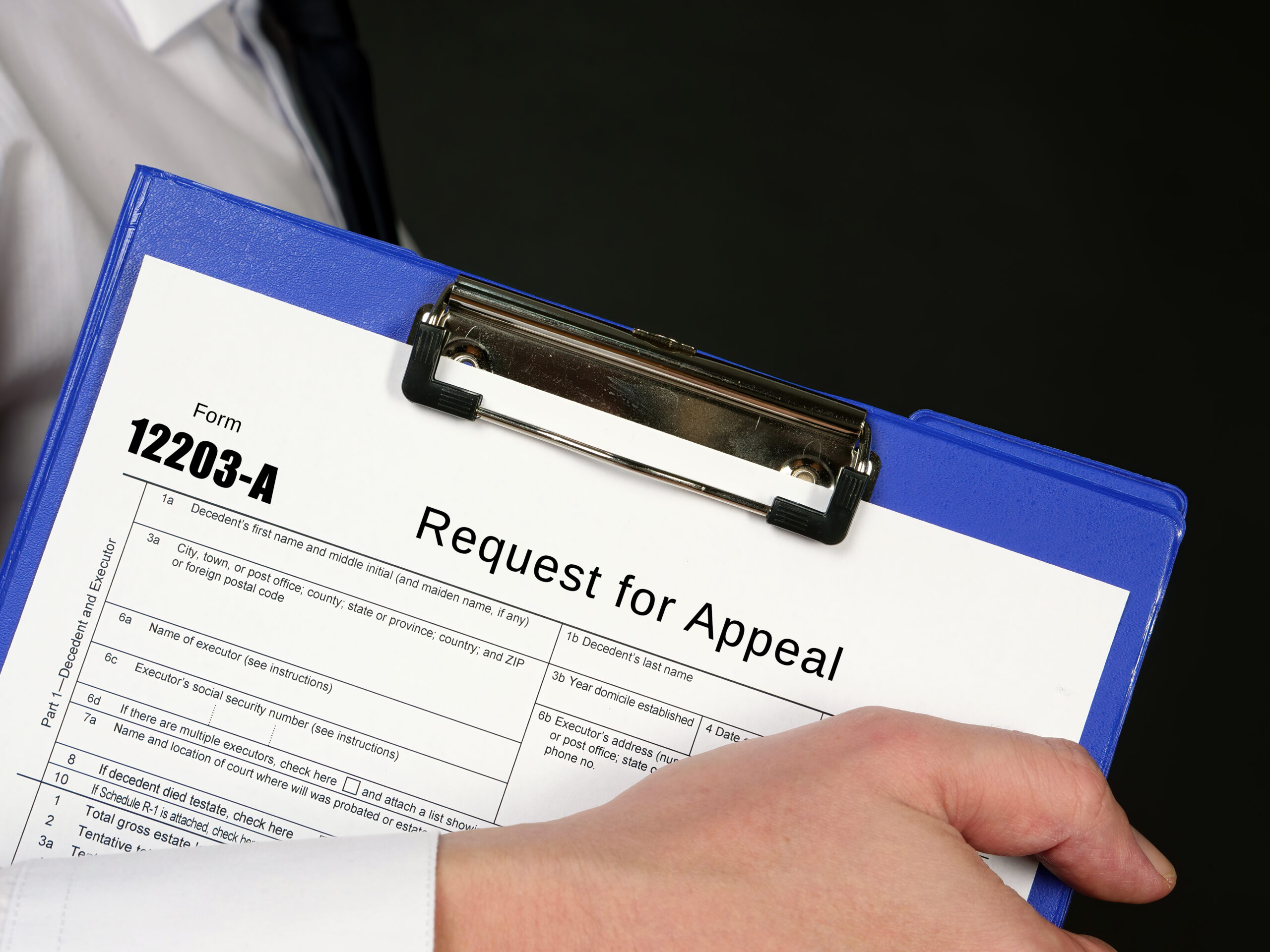
How to Appeal an IRS Decision – And How a Brooklyn Tax Attorney Can Help
The vast web of U.S. tax regulations can be daunting, especially when you find yourself at odds with the IRS. But contrary to what many believe, you have the right to appeal IRS rulings. But with all the numerous forms, deadlines, and procedures involved, it’s crucial to have a knowledgeable ally by your side.
That’s where a Brooklyn tax attorney like Jeffrey M. Rosenblum steps in, offering invaluable insights and strategies.
The Basics of IRS Appeals
It’s important to know that IRS appeals must be based on issues related to federal tax law. In other words, you can’t appeal an IRS decision on moral, religious, or political grounds. If you want to appeal an IRS decision, here are the basic steps of the process:
Approaching Your Local IRS Appeals Office
IRS appeals offices operate independently of the IRS office that conducted the initial examination. The appeals office serves as the only level of appeal within the IRS. You can visit the office in person, talk to a representative over the phone, or send them documents through the mail.
Requesting a Conference
If you’re considering appealing, the documents you receive from the IRS will guide you on how to request a conference with an appeals officer. Depending on your case’s specifics, the IRS will specify whether you should file a small case request or a formal written protest.
- Small Case Request: If the total amount in question (tax, penalties, and interest) for each tax period involved is $25,000 or less, then a small case request is appropriate. This process requires a brief written statement indicating disagreements with the proposed adjustments. If multiple tax periods are involved and any exceed the $25,000 threshold, you must file a formal protest for each tax period involved.
- Formal Protest: This is more detailed and must be filed within the time limit specified in the letter you received from the IRS. This protest should include your name, address, a daytime phone number, a statement that you intend to appeal, a copy of the proposed tax adjustment letter, the tax periods involved, a list of changes you disagree with (and reasons for disagreement), any supporting facts, and any laws or authorities you’re relying on.
Setting the Conference
Once you’ve made your appeal, the examiner will forward your conference request to the appeals office, who will arrange a conference to discuss your appeal. During this conference, you or your representative will discuss all contested issues.
Appeals Beyond the IRS
If you go through all the steps above and still disagree with the IRS’ decision, you can take your case to tax court. Be sure to speak with an attorney before taking your case to trial, as there are substantial risks and costs associated with disputing IRS decisions in court.
How We Can Help with IRS Appeals
IRS appeals frequently hinge on complex tax questions, and the high stakes involved make it essential to work with an experienced, knowledgeable attorney. Here are some ways Jeffrey M. Rosenblum can help with your IRS appeal:
- Effective Documentation: Preparing a comprehensive and well-organized appeal requires meticulous attention to detail. A tax lawyer will help collate, review, and present all relevant financial records and documents, ensuring they align with the grounds for your appeal.
- Strategic Conference Representation: During the appeals conference, it’s essential to present arguments convincingly. With their extensive experience, a tax lawyer knows what the appeals officers look for and can tailor their discussions to highlight the most vital points of your case.
- Negotiating with the IRS: If there’s a possibility for an offer in compromise or a settlement that’s favorable to you, a tax lawyer can negotiate terms with the IRS, using their experience and knowledge to reach the best possible outcome.
- Continued Representation if Needed: If the disagreement isn’t resolved at the IRS appeals level, a tax lawyer can represent you in tax court, ensuring continuity and a consistent defense strategy.
Enlisting the help of a tax lawyer increases the likelihood of a successful appeal and helps ensure the process is managed with diligence and professionalism. If you need assistance with an IRS appeal, attorney Jeffrey M. Rosenblum can help. Call our office at (866) 637-7300 or complete our contact form for a consultation.

